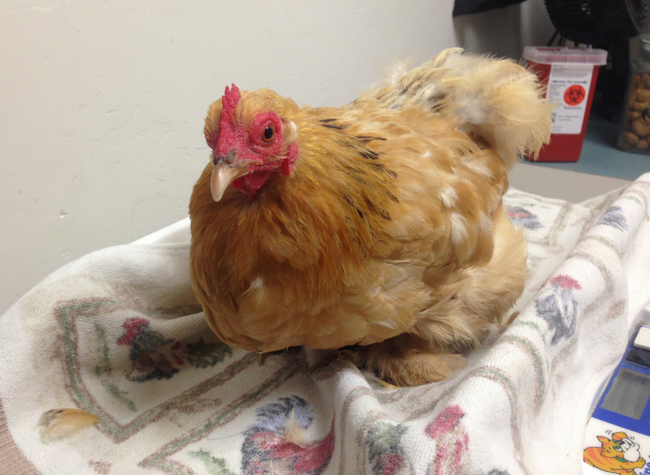
Whether you have 2 birds or 200, it’s important to know what to do if an illness arises in your flock!
Backyard chicken keeping is a lot of fun! But, sooner or later, chicken keepers will be faced with an illness that affects one or more birds in their flock. By acting quickly and being prepared, you will be better able to help your sick chicken and your whole flock.
Let’s discuss some of the important things to do (and what not to do!) when a chicken is sick. In this post, we will focus on sanitation and biosecurity.
Do: Separate the sick chicken
Separate the sick chicken from the flock as soon as you can. The sick chicken should not have any interaction with the flock, as this can further spread the illness to other chickens. A dog kennel can easily be adapted to create an isolation pen. You may need to keep the isolated chicken in a climate-controlled area, such as a utility room or garage. This will help the chicken regulate its body temperature better, which can be difficult for them when they are ill. Create a calm, quiet place for the chicken to rest and recover to help it preserve its strength and to keep it from being pestered by the other birds. You will also be able to better observe the chicken once it is isolated.

Do: Use good biosecurity practices
It is vital to practice good biosecurity when you are caring for a sick chicken. Many illnesses are readily transmitted through the flock, creating potentially devastating effects. Some illnesses can also be zoonotic, meaning that they can also be transferred to people!
Always care for the sick animal last, after all, other animals have been cared for. Avoid contaminating food dishes, water bowls, and food scoops by keeping a separate supply of food and water near the sick chicken. Wear gloves and wash your hands before and after handling the sick animal or cleaning its pen. Change and wash your clothes after caring for the sick chicken. Clean the area, along with any feeders and bowls, with a bleach solution or other cleaning solution approved for poultry. Change your shoes or clean the soles of your shoes or boots with the solution to avoid cross-contamination as you walk back and forth between the sick chicken and the healthy chickens.
Do: Clean the coop
After the sick chicken has been removed from the coop and isolated, it is a good idea to clean the coop. Remove all the birds from the coop. Rake and sweep out any bedding and either bag it and throw it away or burn it. Wash the coop walls, floor, ceiling, nesting boxes, and roosting poles to remove any dirt and debris.
Once the coop is clean and dry, you can then disinfect it. You will want to choose the right disinfectant for the illness your flock is facing. You can consult a vet, your extension office, or a knowledgeable poultry professional if you are unsure which disinfectant to use. Follow the manufacturer’s instructions and be sure to dilute the product properly. Always let the coop dry and air out completely before allowing the birds back into the coop. Don’t forget to sanitize feeders, waters, and bowls!

Don’t: Give up on your backyard chicken dream!
The idea of one day having to deal with a chicken illness, especially a particularly contagious one, can be very overwhelming to the common chicken keeper! There are certainly risks associated with chicken-keeping, but there are also ways to mitigate some of the danger.
Maintaining a healthy, happy flock starts with good sanitation and biosecurity practices. Clean and sanitize coops preventatively at least once a year, reduce rodent and wild bird access to your flock’s feed and water, maintain a “closed” farm to reduce illnesses spread from neighboring flocks, and always quarantine new birds for at least 30 days. Providing high quality, nutrient-rich feeds and avoiding overcrowding will also help keep your flock healthy.
Check out Part 2 of this series to learn about the do’s and don’ts of how and when to treat your sick chicken.













1 Comment
We just moved our week old RIR chicks out of the initial recycle bin brooder into a larger cardboard box. I love the swimming pool example but chicks jump too much to say in something that low.